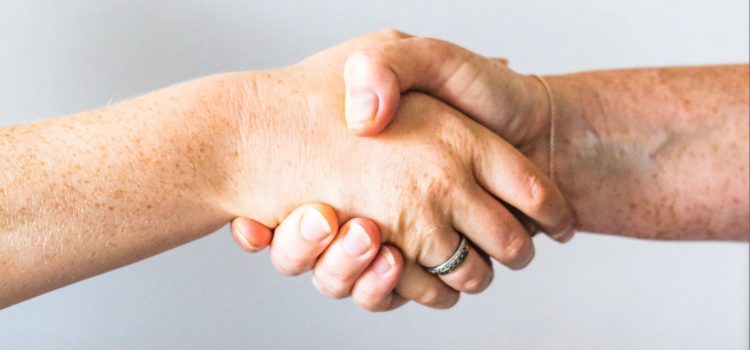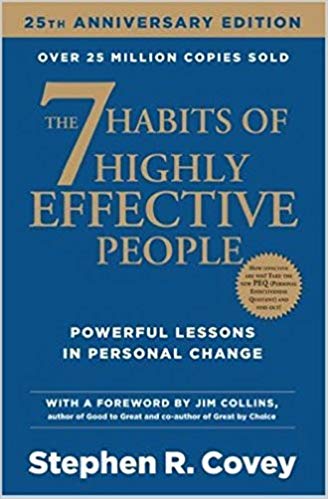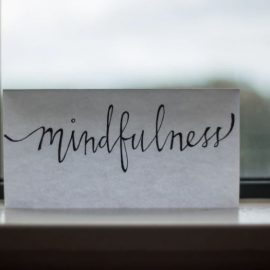

This article is an excerpt from the Shortform summary of "The 7 Habits of Highly Effective People" by Stephen Covey. Shortform has the world's best summaries of books you should be reading.
Like this article? Sign up for a free trial here .
What is the Win/Win paradigm? Do you think a win/win outcome is possible in any situation?
The Win/Win paradigm is one of Stephen Covey’s six paradigms of human interaction. The Win/Win paradigm aims to find a solution that benefits both sides, where everyone is happy with the decision and committed to the plan. However, the Win/Win paradigm may not be right for all situations.
Read more to learn about the concept of Covey’s Win/Win paradigm, when Win/Win is appropriate, and when it’s not viable.
Win/Win: You and I Both End Up Happy
People with the Win/Win paradigm value cooperation over competition and believe that there is plenty—of money, success, happiness, and good fortune—to go around. Of the six paradigms of human interaction, this one is considered the most positive, and helps you focus on synergistic communication.
Reaching a Win/Win resolution can be difficult, and sometimes feels impossible. It often requires you to persist in dialogues longer, even when it feels you’ve reached an impasse. You also must listen carefully and genuinely try to understand the other person’s perspective and goals, then explicitly and respectfully express your own point of view (we’ll go into detail about how to do this in Habit 5). Eventually both parties can reach a solution that neither could have come up with on her own.
Win/Win or No Deal
Sometimes a Win/Win resolution is impossible, and it’s better for the relationship if you walk away from a negotiation altogether. If it’s clear that the two parties aren’t going to see eye to eye, or they have entirely different goals and expectations, it can save a lot of tension and problems in the relationship to forego a deal and keep the relationship healthy and options open to collaborate on something else down the road.
This is where the Win/Win or No Deal paradigm comes in: With this framework, you’re determined to find a solution that benefits both parties and, if that’s impossible, you’re at peace with walking away from the deal, knowing that your goals and values don’t align in this situation.
Having the No Deal option in mind as you go into a negotiation—before either party has set any expectations or created any contracts—prevents you from forcing a deal that will inevitably bring issues later, potentially hurting the relationship. Win/Win or No Deal shows that you value the relationship more than the negotiation. Understanding the Win/Win or no deal paradigm is an important part of the six paradigms of human interaction.
This paradigm can be especially useful in families. For example, if you can’t decide on a movie that everyone will enjoy for family night, skip the movie and do something else; this approach gives you the freedom to find something that everyone will enjoy, rather than sacrificing some people’s enjoyment for the sake of others’.
In business, the Win/Win or No Deal paradigm is most effective at the start of a relationship or enterprise, because No Deal may no longer be an option in an ongoing business relationship. If implemented from the start, this framework can preserve the core relationship, especially in family businesses or businesses started among friends; if they reach a disagreement somewhere along the lines, they can both agree to walk away (or have a buy/sell or other agreement) without hard feelings.
In certain relationships, No Deal is not an option. For example, if you can’t reach an agreement on something, you may not be willing to walk away from your spouse, and certainly not from your child. In those cases, you can find a compromise, which is a lower form of Win/Win.
Win/Win Is Usually Best for Interdependent Relationships
However, in interdependent relationships—where two people are working together to achieve something—Win/Win is generally the only viable option. If both parties don’t win, they both ultimately lose in the long-term effectiveness of the relationship. Working on this paradigm will also help you develop synergistic communication habits.
Either a Win/Lose or Lose/Win paradigm will bring a short-term win to one party, but the losing side will develop negative feelings that harm the relationship in the long term. In a business dealing, if I get a win in this negotiation, you may walk away and decide you don’t want to work with me in the future. That becomes a loss for me too.
Lose/Lose obviously does nothing to benefit a productive interdependent relationship. And the lack of consideration for the other person in a Win paradigm doesn’t foster the necessary trust and cooperation for an effective interdependent relationship.
The six paradigms of human interaction require careful balance and negotiation. Each one of the paradigms demonstrate that we must take care in relationships and work together to ensure everyone benefits.
———End of Preview———

Like what you just read? Read the rest of the world's best summary of "The 7 Habits of Highly Effective People" at Shortform . Learn the book's critical concepts in 20 minutes or less .
Here's what you'll find in our full The 7 Habits of Highly Effective People summary :
- How to prioritize the hundred tasks you have to focus on the one or two that really matter
- The right way to resolve every disagreement and argument
- How to avoid burning out and succeed over 20+ years






